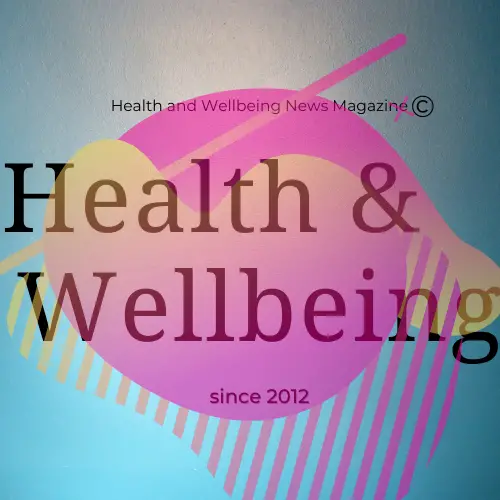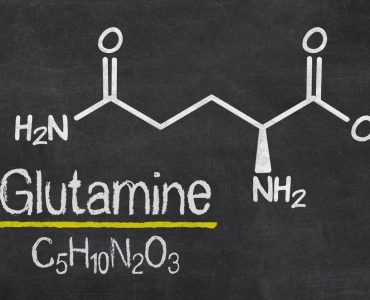What is Age-Related Cognitive Decline?
As we navigate the journey of life, our brains naturally undergo changes. Age-related cognitive decline refers to the gradual decline in some cognitive functions, including memory, processing speed, and attention, that can occur as we age. While it’s a common experience, it’s vital to differentiate it from dementia, which involves more significant and progressive deficits.

When Does Age-Related Cognitive Decline Begin?
There’s no single answer, as individual differences prevail. Some may experience subtle changes earlier than others, while some maintain sharp cognitive function late into life. Generally, subtle changes might become noticeable in mid-to-late adulthood, but significant decline is uncommon until much later.
Age-related cognitive decline typically begins in middle adulthood, around the age of 40 or 50, and progresses gradually over time. While some individuals may experience subtle changes in cognition earlier, noticeable declines often become more apparent in later adulthood, particularly beyond the age of 65.
Signs of Cognitive Decline in Adults:
It’s important to remember that some forgetfulness or occasional difficulty finding words is normal. However, certain signs may warrant further evaluation:
- Forgetfulness, especially for recent events or information
- Difficulty concentrating or maintaining focus
- Slowed processing speed and response times
- Challenges in finding the right words or expressing thoughts
- Difficulty following conversations or instructions
- Increased confusion or disorientation
- Reduced ability to multitask or plan effectively
- Challenges with problem-solving or decision-making
Normal Cognitive Aging vs. Dementia:
Distinguishing between normal cognitive decline and dementia is crucial. Dementia involves a more severe and progressive decline that significantly impacts daily functioning and independence. Key differences include the rate of decline, the presence of other cognitive and behavioral changes, and the impact on daily activities. Consulting a healthcare professional is essential for accurate diagnosis and appropriate management.
here’s a table comparing normal cognitive aging with dementia:
| Aspect | Normal Cognitive Aging | Dementia |
|---|---|---|
| Memory | Occasional forgetfulness, typically short-term memory lapses | Significant and persistent memory loss, including difficulty recalling recent events or information |
| Language | Mild difficulty finding words or names occasionally | Difficulty in finding words, understanding language, and expressing thoughts coherently |
| Judgment and Problem-Solving | May take longer to make decisions or solve problems, but generally maintains ability | Significant impairment in judgment, problem-solving, and decision-making abilities |
| Daily Functioning | Able to perform daily tasks independently | Difficulty with routine tasks such as dressing, cooking, or managing finances |
| Personality and Behavior | Generally stable personality and behavior | Changes in personality and behavior, such as agitation, aggression, or withdrawal |
| Awareness of Impairment | Aware of occasional memory lapses and cognitive changes | Lack of awareness of cognitive deficits and decline, often denying or downplaying symptoms |
| Progression of Symptoms | Symptoms progress gradually and remain relatively stable over time | Symptoms worsen progressively, leading to increasing dependency and loss of independence |
This table highlights the key differences between normal cognitive aging and dementia across various cognitive domains, including memory, language, judgment, daily functioning, personality, behavior, and awareness of impairment. Understanding these distinctions is crucial for accurate diagnosis, treatment, and management of cognitive changes associated with aging and dementia.
The Impact of Age on Cognition:
Research paints a nuanced picture of age and cognition. While some abilities, like crystallized intelligence (vocabulary, general knowledge), remain stable or even improve, others, like processing speed and fluid intelligence (problem-solving), show a gradual decline, typically starting in middle age. The rate and severity of decline vary greatly between individuals, influenced by genetic predispositions, lifestyle factors, and overall health.
Consequences of Age-Related Cognitive Decline:
While not a disease, age-related cognitive decline can impact daily life, causing frustration, anxiety, and difficulty with once routine tasks. It can also increase the risk of falls and accidents. However, early identification and interventions can help manage symptoms and maintain quality of life.
In conclusion, age-related cognitive decline is a complex and multifaceted phenomenon that can have significant implications for individuals as they age. By understanding the factors influencing cognitive decline, recognizing the signs, and implementing strategies to support cognitive health, individuals can strive to maintain optimal cognitive function and quality of life throughout the aging process.





